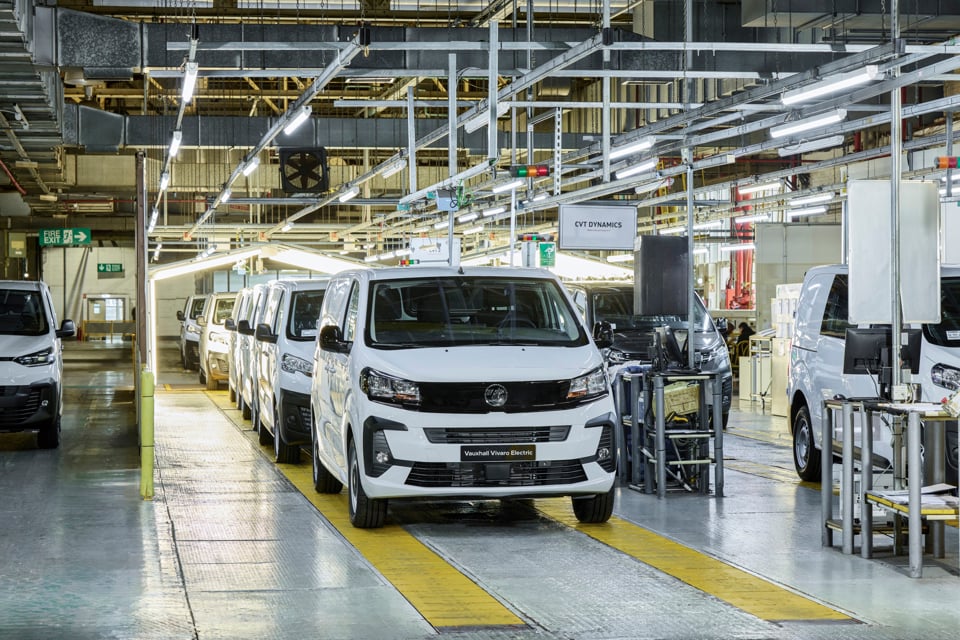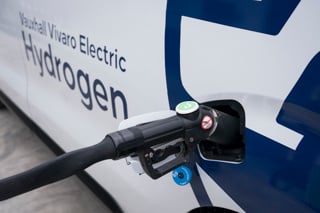Stellantis has announced that its Luton plant will start producing electric vans for Vauxhall, Citroen, Peugeot and Fiat Professional from the first half of 2025.
The move to what the manufacturer describes as “limited production” of the group’s all-electric medium vans at its Luton plant follows the transformation of Ellesmere Port into the UK’s first electric vehicle-only volume manufacturing plant, last year.
The Luton plant will produce the fully electric Vauxhall Vivaro Electric, Opel Vivaro Electric, Peugeot E-Expert, Citroen e-Dispatch and Fiat Professional E-Scudo in both right and left-hand drive.
The plant will manufacture predominantly for the UK right hand drive market but will also be able to export to left hand drive markets.
Production of the equivalent internal combustion engine (ICE) vans will continue alongside the electric versions.
Mark Noble, Luton plant director and Stellantis UK manufacturing lead, said: “We will commence limited production of our medium electric van in Luton from next year, when the first customer vehicles will roll off the production line.”
Opened in 1905, Luton has been home to Vauxhall models for more than a century.
The first commercial vehicles were assembled at the plant in 1932, with panel vans ‘VYC’ and ‘VXC’ the first vans to roll off the production line.
Since then, Luton has continued to produce a range of popular commercial vehicles for Vauxhall.
The plant also manufactures sister Stellantis models for Peugeot, Citroen, Opel and Fiat Professional.
Maria Grazia Davino, group managing director for Stellantis UK, said: “Whilst this decision demonstrates Stellantis’ confidence in the plant, this first step in its re-development towards a fully electric future requires the UK Government to stimulate more demand in the electric vehicle market and support manufacturers that invest in the UK for a sustainable transition.”
Davino's call for the Government to do more to boost electric vehicle (EV) adoption, comes after Stellantis stablemate Fiat urged ministers to reinstate the plug-in-car grant with retail sales lagging behind fleet registrations.























Login to comment
Comments
No comments have been made yet.